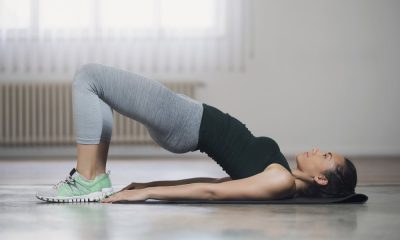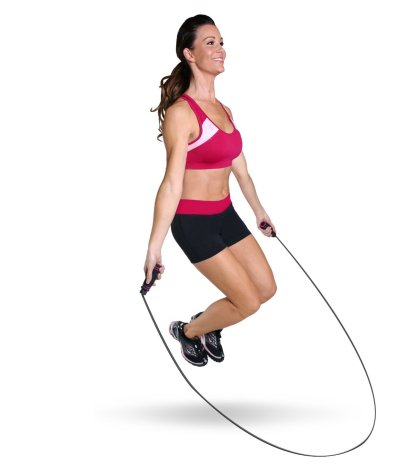It’s a basic fact that everyone knows – you have to exercise regularly in order to stay fit. However, what if you have suffered an injury meaning you have to stop exercising or be ‘out of action’ for a short time? And particularly, what happens to your muscles in this situation?
There are often massive misconceptions about the effects of stopping exercise on your body, and many believe that you will completely lose any fitness benefit that you gained previously.
However, the concept of “losing” your fitness benefits greatly depends on how physically fit you were before you stopped training. This means that athletes are far less likely to lose a large amount of their physical fitness if they have to stop exercising for injuries and short periods of time, and theoretically it should be much easier for an athlete to get their fitness levels back up when they begin training again.
It seems to be mainly good news for your muscles after you have to stop exercising for a short amount of time due to illness or injury, although this isn’t to say there aren’t negative effects. There are certain changes to your body that can cause some trouble.
Firstly, your muscle cells change significantly. The misconception is that all of your muscle turns to fat after you stop exercising. This is untrue, however your muscle cells do become smaller, and your fat cells become bigger, meaning a noticeable change in appearance. Also, obviously, you are more likely to have rapid weight gain, as you are no longer burning off the necessary calories through exercise.
Asides from increased fat cells and percentages, another significant change can come from the decreased amount of stamina in your body. Your stamina levels drop rapidly and straight away, which can take a minimum of 2 weeks to get back once you begin exercising again.
So far, we have focused on the physical changes in the body and muscle when you are injured or ‘out of action’ from exercising. However, there are also mental changes from stopping exercise, which can cause psychologically negative effects. For example, it is very common for individuals and athletes to become depressed when they stop exercising. It is well known that exercise prevents depression and stimulates happy hormones and chemicals that improve your mood levels, and so when you suddenly stop exercising your mood levels will decline rapidly.
Also, stopping exercise can create symptoms similar to that of withdrawal, where the individual suffers effects such as changes in sleep patterns, difficulty concentrating and a feeling of achiness. As an athlete, you are far more likely to experience symptoms similar to withdrawal and depression, as you would go from intense exercise to nothing overnight.
If you are concerned about losing your peak physical fitness when you are injured or ‘out of action’, it is most advisory to eat well and maintain a healthy diet through your time off exercising. However, make sure that you consume a high protein but low-calorie, low-fat nutritious diet. Also, if you would like to keep as fit as possible, it may be beneficial to attempt less physically demanding exercise, such as yoga, if you are able. This will definitely minimise muscle loss and keep you as physically fit as possible without arduous exercise or race training.
Also, it is beneficial for you, as an athlete, to have as little time off from exercising as you can. Your muscles contain something called “muscle memory”, which basically means that your body and muscles remembers how to exercise and builds your body back up once you start exercising again after the break. Often, this can result in your muscles responding with muscle growth twice as fast as normal, allowing your body to easily get back into similar shape as before the time off.
Ultimately, it is much easier for you, as an athlete, to get back into shape after they have a certain amount of time off. However, you have to remember to keep a healthy diet plan and attempt as much (non demanding) exercise as you are capable of.


















